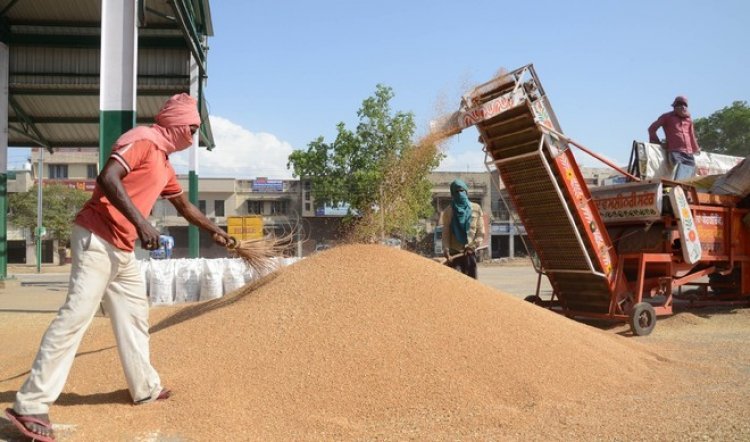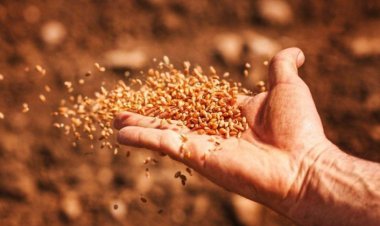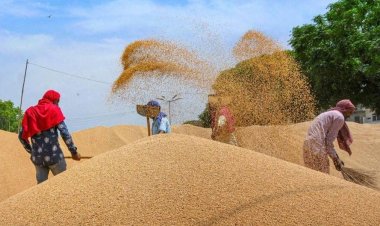To contain the rise in prices of wheat, the government is considering all options, including reduction in import duty. In the case of rice, India has so far received a request from Bhutan for 80,000 tonnes of rice supply on a government-to-government basis.
Last year, the government had banned wheat exports to boost domestic availability and rising prices in the retail markets. It has been offloading wheat stocks to flour millers and other traders in the open market to control the prices of wheat and atta (wheat flour).
"Wheat prices have risen since last auction. The government is considering all available options and will take an appropriate decision," Food Secretary Sanjeev Chopra said.
Under the Open Market Sale Scheme (OMSS), the government has decided to offload 15 lakh tonnes of wheat from the central pool to flour millers, private traders, bulk buyers and manufacturers of wheat products till March 2024 to check prices.
The country's wheat production had fallen to 107.74 million tonnes in the 2021-22 crop year (July-June) from 109.59 million tonnes in the previous year due to heat waves in a few growing states. Consequently, the government's procurement fell sharply to 19 million tonnes this year from around 43 million tonnes last year.
However, in 2022-23, wheat production is estimated to rise to 112.74 million tonnes on higher acreage and better yield.
On rice, the secretary said India has so far received a request from Bhutan for 80,000 tonnes of rice supply on a government-to-government basis. The government has banned the export of broken rice and non-basmati white rice in order to check the domestic price.




 Join the RuralVoice whatsapp group
Join the RuralVoice whatsapp group






































